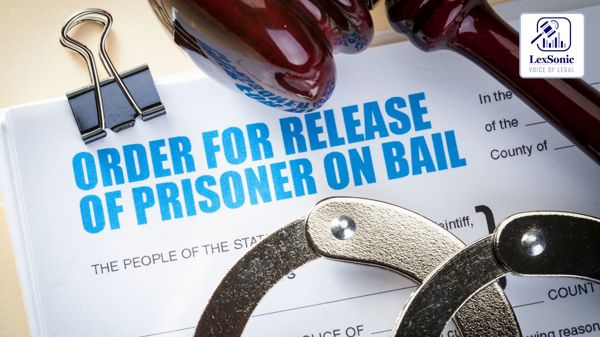Supreme Court Grants Bail to Father in POCSO Case After Four Years of Custody: Balances Gravity with Prolonged Incarceration.
27 October 2025
Bail and Antcipatory Bail >> Criminal Law | POCSO >> Criminal Law
Petitioner Rahul had been arrested under Sections 354, 323, and 506 of the Indian Penal Code and Sections 9(M)(N), 10, and 12 of the POCSO Act on a complaint of sexual acts committed against his minor daughter. The Bombay High Court (Aurangabad Bench) had previously rejected bail, and Rahul then petitioned the Supreme Court via the Supreme Court Legal Services Committee.

At the hearing, the petitioner's attorney contended that the charges were overstated and made with malice by the petitioner's divorced wife. It was alleged that the alleged acts were being misrepresented as assault, and that continued detention was excessive. The prosecution, however, did not agree to bail, citing seriousness of the charges and the petitioner's moral culpability as a parent.
The top court, taking into account the submissions, noted that while the alleged impropriety was sensitive in nature, the extended custody in excess of four years needed to be considered. The bench also referred to Section 479 of the Bharatiya Nagarik Suraksha Sanhita (BNSS), which emphasizes both speed in trial and proportionality in pre-trial detention.
In making this ruling, the Supreme Court reasserted a vital equipoise in criminal jurisprudence — that seriousness of charge should be balanced against inordinate delay in trial and the constitutional right of personal liberty.
Protection of Children from Sexual Offences Act, 2012
BHARATIYA NAGARIK SURAKSHA SANHITA, 2023
